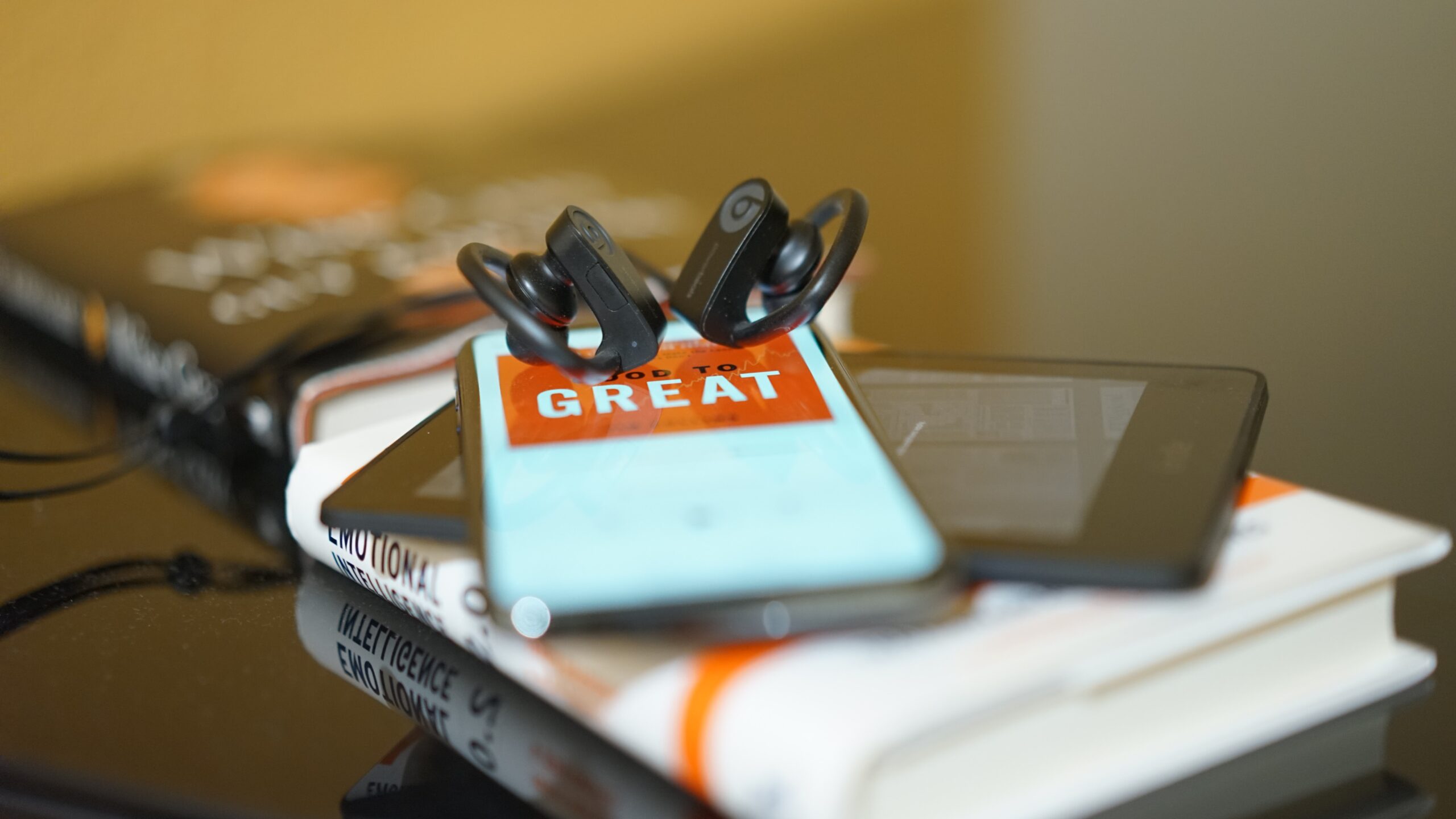
We all need to improve ourselves. Life after all is a never ending process of learning. Self-help books are there to aid us in this journey. Even the most successful people like Bill Gates, Elon Musk and Barack Obama still read books to learn something new.
Financial literacy is not something we learn in school unless you took up a business course. But even my accountant friend has always come short in his finances. Let us say that it is one thing to that you are informed and it is another that you take action on the information that you have. That is why it is very important that we learn money management to get the most of our hard-earned money. It makes our being away from our family more worthy. We have seen enough of our kabayans who after working abroad for so long returned home and was not even able to pay in full his own house.
I got it. Not everyone is into reading. Even if you are, you just don’t have the time and the patience to do it.
And if you have the time to listen to audiobook, would you shell out the amount to buy the audiobook when you would just rather send the money to your family?
Here’s the good news. YouTube has audiobooks that you could listen to, and they are free! These are books that will help you become financially savvy.
Don’t know which ones are worth your time? I put some descriptions to give you an idea on what to expect when you listen to it. Just click on the photo and it would automatically direct you to the YouTube page.
You can listen to them on your way to work, while driving or seated comfortably in your service or as you walk from your accommodation to your work.
This book by George Clason, although written in old English, is easy to understand. It was written in 1926 but the lessons it imparts are still very much relevant to these days. The books talks about the Seven Ways to Cure a Lean Wallet, the Five Laws of Gold and other sensible financial advises. These are basic personal finance management principles, but we always fail to practice. As OFWs, our resolve to make the most of our stay abroad and (fatten our lean wallet) is always hampered by the more pressing family needs, our procrastination to act on our financial goals and our inability to resist buying the good stuff around us. This book and the knowledge it dispenses coupled with our discipline and strong resolve will help us come home with fatter wallet.
The knowledge that this book imparts to us is told by the author by comparing his two dads, one real and the other the dad of a friend. One is money savvy and the other very educated-thus. It shows the financial literacy is not necessarily learned in school. It is in this book where we learned that the rich don’t work for the money, but the money works for them. The rich buys assets and the poor buys liabilities. If these are things that you want to learn more about, this is the recommended reading.
According to T. Harv Eker, part of the reason we are what we are right now, at least, financially is because of financial blueprint that we have created for ourselves. It goes deep into our psyche, in our subconscious, that unless we change or modify such blueprint, we would remain as we are. How to change those beliefs and replace them with
It answers the question why some people are destined to be rich and some are destined to struggle.
The book tells us about dealing with debts, the importance of budget, investments. It may be too basic for our current status in life but sometimes, but it is always good to be reminded of the basics. When something is not going right, we always go back to the basics anyway. During this pandemic after it has wreaked havoc in our personal finance and we needed some pivoting to make our finances aligned with our revised goals, we also go back to the fundamentals.
As an OFW, you would want to maximize the value of your earning and make the time of your being away from your family really worth it.
Here are the suggested books and brief descriptions to guide you on which one pique your interest the most.
It is one thing to listen to these audiobooks and it is another to actually put into practice the lessons learned from the book.
The value of reading
These books are filled with sensible financial advises, lessons and principles. But it is one thing to listen to them and it is another to act on what we have learned. Reading or listening to all these books would not make us rich, but acting, doing what needs to be done, would surely improve our finances.
Let us know which one best resonates with you.
Hi, I'm Cecille. I have been an OFW in KSA for 13 long years. I have been there, done that. I'd say I was lucky because for most of those years, my family was with me. I'd like to share in this blog what makes those years worthwhile, the lessons I learned and bits and pieces of info that may pique your interest as bagong bayani.





